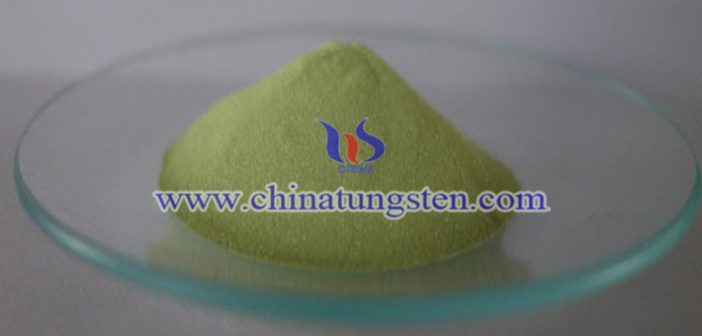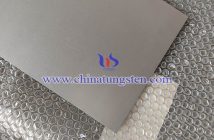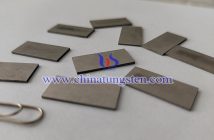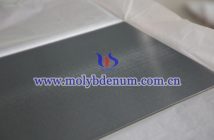How much more is the need for electrochromic materials to be used in large-scale commercial applications? This is a big proposition that requires us to have a certain understanding of the material before it is enough to think. So, let's take a rough look at the new materials that may be close to you and may be a little far away from you!
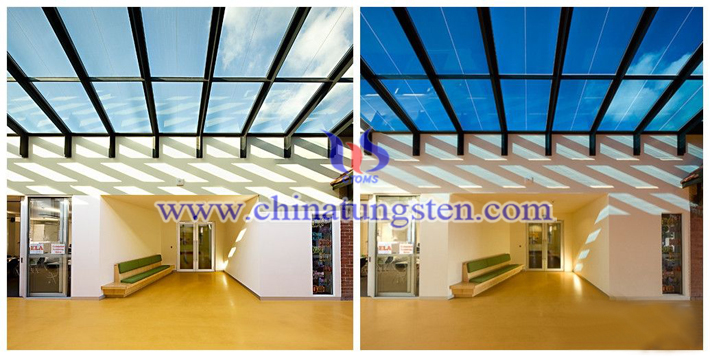
electrochromic glass picture
In recent years, such a new type of material, electrochromic material, has emerged. Scientists pointed out that electrochromic materials are one of the most research and application prospects of smart materials. Scientists have predicted that the large-scale application of smart materials will revolutionize the development of materials science. So, how does this smart material exist? Smart materials are the fourth generation of materials after natural materials, synthetic polymer materials, and artificial design materials.
Why do scientists think that electrochromic materials are one of the most promising smart materials at the moment? Because electrochromic materials have special properties and attractive application prospects. For the time being, let's not talk about it. What are the applications of this promising material?
Under normal circumstances, people are often exposed to - smart energy-saving windows (smart glass), information displays, automotive anti-glare rearview mirrors, information storage and so on.
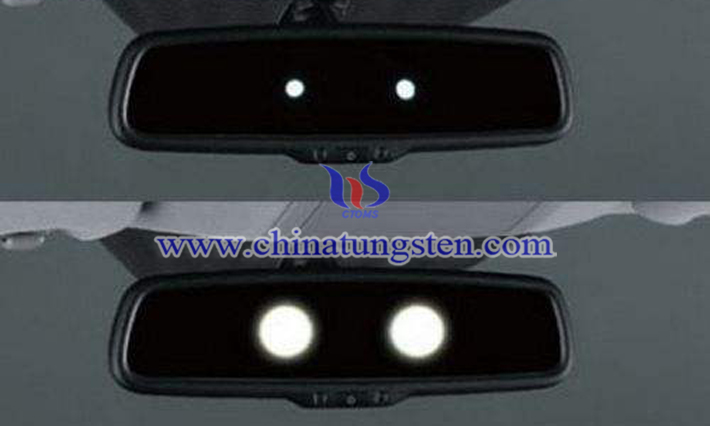
dimming mirror of car picture
In the defense and military fields, electrochromic materials are also widely used in the market. For example, electrochromic materials can be made into novel infrared emitting devices due to their adjustable infrared emission characteristics (in the far-infrared spectrum). According to experts, this new type of transmitter can be applied to many fields such as satellites, infrared stealth of weapons and equipment. So, how can you say that a piece of "Xiangxiang" of electrochromic materials does not quickly become an area that researchers in various countries are scrambling to study?
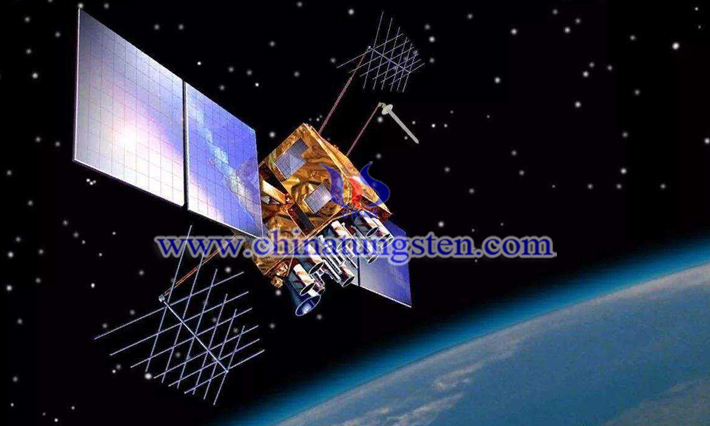
satellite picture
So what is an electrochromic material? Electrochromic materials are the most central materials in electrochromic devices. The material undergoes a stable and reversible color change under the action of an applied electric field. Among them, the electrochromic device generally consists of a transparent conductive layer, an electrochromic layer, an electrolyte, an ion storage layer and a transparent conductive layer.
At present, there are three main types of electrochromic materials that have been studied and studied in many ways - inorganic electrochromic materials, organic electrochromic materials and organometallic chelate materials. Among them, inorganic electrochromic materials show the advantages of good structure and performance, making it the most widely studied and mature material. There are many research types of inorganic electrochromic materials, which can be divided into three categories: cathode electrochromic materials, anode electrochromic materials and composite electrochromic materials. Below, we mainly understand the cathode electrochromic material.
What is a cathodic electrochromic material? Cathodic electrochromic materials refer to a class of electrochromic materials that are colorless in the high oxidation state and colored in the low-cost reduction state. At present, the main types of materials studied are tungsten trioxide and molybdenum trioxide.

tungsten trioxide pictures
In this regard, some experts have prepared a tungsten trioxide nanowire film, and found that the film exhibits a deep blue color when the voltage is negative, and becomes colorless when the voltage new_s to a positive value, and has the characteristics of uniform discoloration and rapid discoloration. . In addition, the experts also prepared a molybdenum-doped tungsten trioxide nanowire film and found that the film has a higher optical transmittance than the pure tungsten trioxide film in the range of 900-1800 nm, and its color change rate is higher than that of pure three. The tungsten oxide film has a significant improvement, but its cycle stability is poor.
As you may know, in recent years, the research and development of electrochromic materials have made significant progress. However, it is undeniable that electrochromic materials still have a long way to go before large-scale commercial applications. This is mainly because even the current mainstream electrochromic materials still have a problem of relatively high production costs. As we all know, under the high cost dilemma, commercialization is unlikely to be realized. That is to say, after the commercialization of electrochromic materials has made a breakthrough in material preparation technology, there is still one point to be made - cost breakout.

